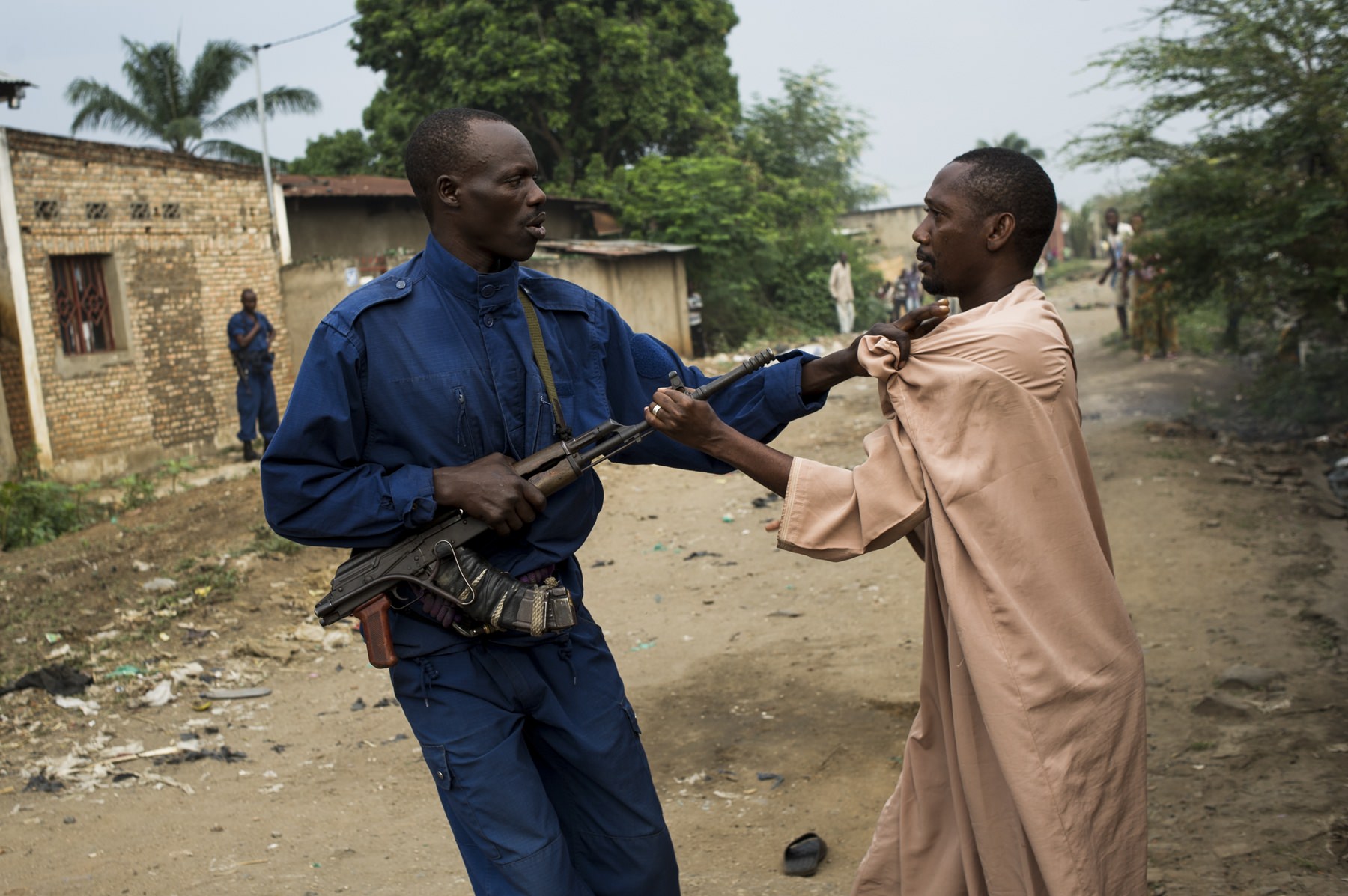What are extrajudicial executions?
Life is the first and most fundamental right of individuals, without which no other right can be upheld. Extrajudicial executions are a violation of this right, designating the deliberate killing of an individual by a State agent (or with their consent) without a previous judgment affording all judicial guarantees, such as a fair and unbiased procedure.
The State has the obligation to promote and protect the right to life, and to prosecute the perpetrators. Unfortunately, the United Nations reports a rising number of “targeted killings” committed by States, often in response to terrorist threats: there is an increasing need to fight the practice of extrajudicial executions.
Extrajudicial executions under international law
In the context of an armed conflict and under certain circumstances, extrajudicial executions can be considered a war crime. They may also amount to genocide or crime against humanity in specific contexts and if they are part of a collective practice.
The right to life is protected by a number of international treaties, in particular:

TRIAL International acts against extrajudicial executions
Many states continue to tolerate criminals on their territory, while countless victims relatives still await. TRIAL International also advocates and domestic and international level to end impunity for extrajudicial executions.
Helping the victims
TRIAL International represents victims before regional and international bodies, such as the African Commission of Human and People’s Rights and the Human Rights Committee. The organization also pushes for the implementation of decisions at national level, asking that victims receive reparation and guarantees of non-repetition.
Encouraging the prosecution of perpetrators
States often disregard their duty to prosecute the individuals responsible for extrajudicial executions. Therefore, TRIAL submits criminal complaints before national courts, pushing the judiciary to fully implement the States’ international obligations.
Raising awareness
TRIAL International also tirelessly advocates against extrajudicial executions, compile and submitting reports, and highlighting cases of extrajudicial executions. It also organizes regular meetings between United Nations officials and local civil society actors. In particular, TRIAL works in close connection with the United Nations Human Rights Committee, Human Rights Council and Committee against Torture.

